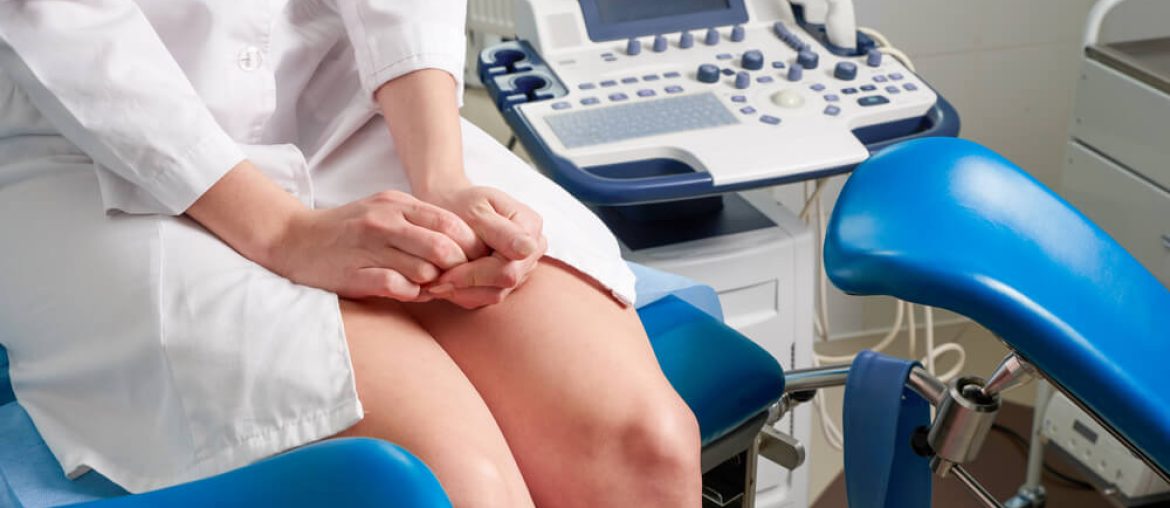After the cold and flu, Urinary Tract Infections (UTIs) are the most common ailment for women over age 18. About 60% of all women will have a UTI at some point in their lives, and 20% of women get them repeatedly.
The Urinary Tract includes the kidneys, where urine is made; the bladder, where urine is stored; and the urethra, which is the tube that carries urine from the bladder to the outside of your body. The most common place for a UTI is your bladder, and it may also be called a “bladder infection” or “cystitis.” You can also get a UTI in your kidneys, which is called “pyelonephritis.” This is less common and also more serious.
The symptoms of a UTI are hard to ignore and include:
- Burning or pain when you urinate
- A feeling of pressure in your bladder
- A feeling like you have to urinate more often than usual, but when you try, there is little or no urine
- Your urine is cloudy or has blood in it or smells “off”
If you experience any of the following symptoms, you may have pyelonephritis (kidney infection):
- lower back pain
- high fever (101 or greater)
- nausea or vomiting
- chills or sweats
- These symptoms may or may not be accompanied by the symptoms of a lower UTI.
If you have any of the symptoms of a lower or upper UTI, see your doctor right away. Since UTIs are caused by bacteria, you will need to take an antibiotic to kill the bacteria and clear the infection. Take ALL the prescribed medication, even if you feel better, to make sure you completely kill the bacteria and prevent a potentially even more serious relapse. Pregnant women are at an increased risk for UTIs because of the pressure of the uterus on the bladder and urethra. But, don’t worry, there are pregnancy-safe antibiotics.
To reduce your risk of UTI, always wipe front to back after using the toilet. Additionally, you can:
- drink 6-8 glasses of water every day to help “flush out” your bladder
- urinate several times each day (about every 2-3 hours). Don’t delay the urge to “go.”
- urinate after having sex to help flush out any bacteria that may have moved up to your urethra


















